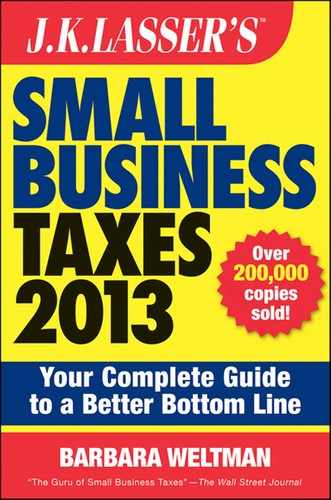Vehicle Trade-In
When you are ready to dispose of your old car and find a replacement, what is the best way to handle the arrangements from a tax perspective? Trade it in? Sell it?
- If you trade in the old car to buy a new one, the arrangement can be considered a tax-free exchange if you elect this treatment. The result: The basis of the new car is the remaining basis of the old car, if any, plus any cash paid toward the new car. And if the car that is traded in was used only partially for business, a special adjustment is required for purposes of figuring depreciation on the newly acquired car. In this case you figure basis of the old car as if it were used entirely for business (i.e., you must reduce basis as if you had depreciated 100% of the car’s basis). This severely limits your ability to claim write-offs for the new car.
- If you sell the old car to buy a new one, gain or loss results from the difference between the basis of the old car and the amount you receive for it. If the basis is less than what you receive, you have a taxable gain; if the basis is more than what you receive, you have a taxable loss.
Before deciding on which alternative to use, consider the tax results in your situation. If, for example, you are disposing of a large SUV or truck, you may have a taxable gain since you may have already reduced the basis of the car substantially (remember that vehicles that weigh more than 6,000 pounds are not subject to the depreciation dollar limits). In this case, a trade-in postpones gain recognition. However, if you are disposing of another type of vehicle, one with a tax basis that is higher than its fair market value, a sale can produce a taxable loss so a trade-in is ill-advised.
